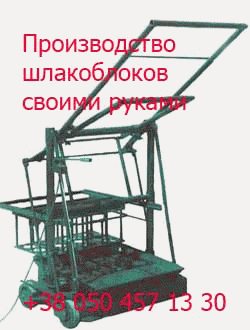From the above survey, it appears that the industrial use of furanic monomers such as furfuryl alcohol and furfural, i. e., chemicals based on renewable resources, as binders in foundry molds is highly successful. Similar furan-based resins can also be used as efficient adhesives in wood-particle composites and thus are interesting alternatives to petroleum-based counterparts. The fact that the substitution of formaldehyde by furfural has not yet met with a reasonable industrial success probably stems from the higher cost of the furan aldehyde. The increasing pressure on the reduction of formaldehyde emission and the renewable character of furfural should play in its favor in the near future.
This chapter has dealt with the use of furanic derivatives as adhesives and binders. It has been shown that the main industrial applications concern the use of furfural and
(i) The storage and the transport of hot and highly corrosive fluids such as chlorinated solvents, acids, and bases. For this purpose, the vessels (e. g., tanks, pipes, or towers) are coated with a composite material based on filled and/or glass fiber reinforced furanic matrix.
(ii) The molding of liquid metals. In this context, foundry molds are produced from furan derivatives, or in combination with phenolic resins, and are utilized because of their excellent fire resistance and thermal stability.
(iii) The preparation of highly resistant cements and concretes which are employed when the object is used as a container for chemicals and/or exposed to corrosive cleaning agents.
(iv) The preparation of grinding wheels in which furan resins are used to bond abrasive grains.
In addition to these well known applications, different studies dealing with the use of furan derivatives as wood adhesives and other miscellaneous applications are presented and discussed.
 20 августа, 2015
20 августа, 2015  Malyar
Malyar  Опубликовано в рубрике
Опубликовано в рубрике 